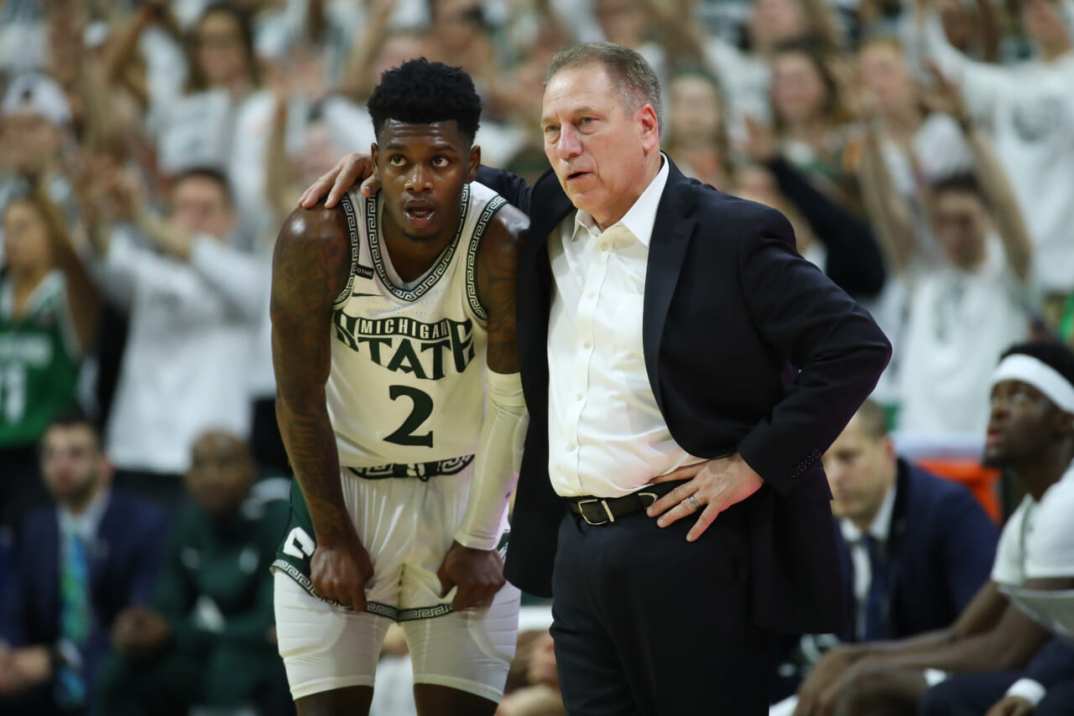NCAA top doctor says resuming college sports this fall will depend on coronavirus testing
NCAA Chief Medical Officer Dr. Brian Hainline is optimistic about chances to resume collegiate sports this fall semester

With college campuses shut down due to the COVID-19 crisis, the NCAA is hoping to resume college sports this fall.
Access to coronavirus testing will be a determining factor for NCAA’s top doctor Dr. Brian Hainline, the Atlanta Journal-Constitution reports.
Hainline discussed the future of sports in call with White House coronavirus response coordinator Dr. Deborah Birx and professional sports medical officials.
READ MORE: Trump wants NFL to start season on time, teases relief measures for sports leagues
“I will tell you that 80% of the conversation centered around testing,” Hainline, NCAA chief medical officer, said Friday. “And more specifically, what happens in contact sports like basketball or football, when one of the players tests positive. Does that mean quarantine? Does that mean we do very regular testing?”
Hainline is optimistic about college sports resuming in the fall, as long as the NCAA doesn’t “rush into this too quickly” in “desperation.”
The NCAA intends to resume collegiate play based on a three-phase guideline modeled after the White House’s plan to restart the economy.
“Once COVID-19 infection rates diminish for at least 2 weeks, re-socialization of society and sport may be possible,” according to the guidance.
READ MORE: Coronavirus leaves NBA season in jeopardy as league officials debate plans to move forward
While reopening practice facilities is likely to commence in phase three, the NCAA projects that fans will not be allowed to attend sporting events as spectators until later down the road.
Hainline believes fans can return to arenas only if there are massive amounts of available tests for attendees or a breakthrough in treatment for the disease.
“I think realistically having a football game with 90,000 fans, that would take a remarkable turnaround in a short period of time,” he said.
